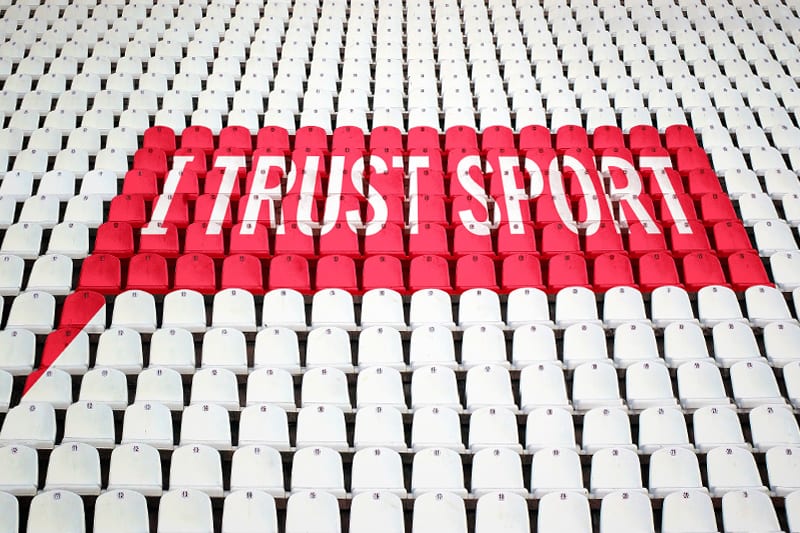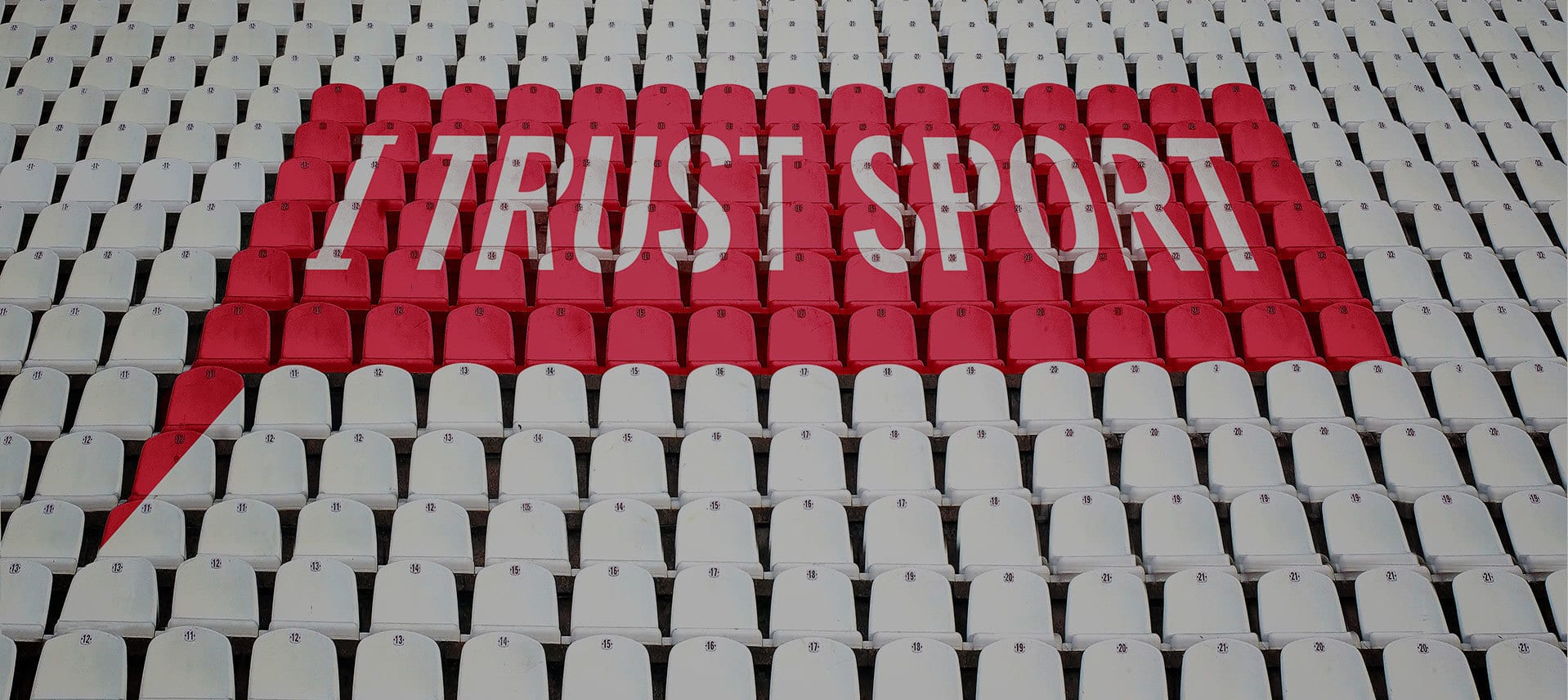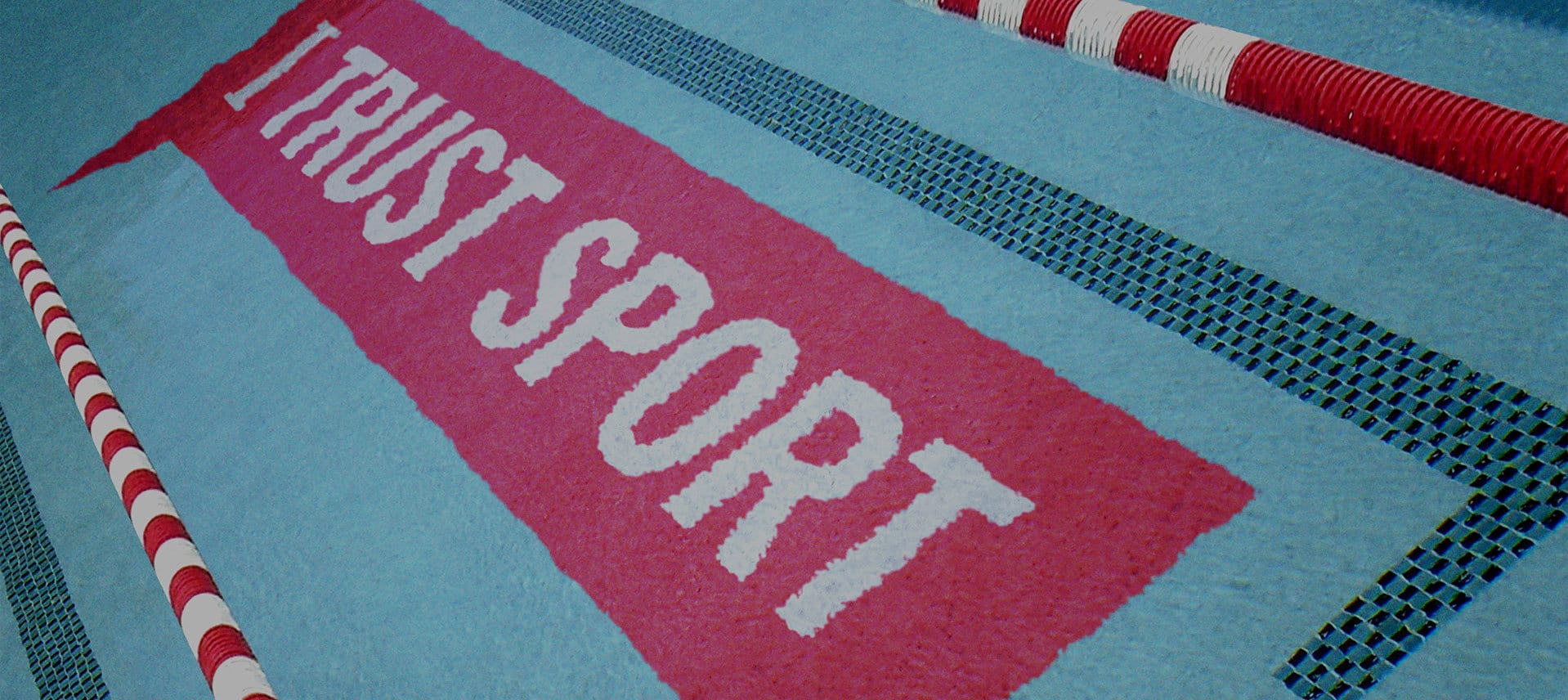One after another, sports are thinking the unthinkable and considering radical format changes. It’s a positive step but it won’t be easy to resolve the conflicting interests inherent in any reform.
In the space of a few days, fundamental variations have been mooted (or adopted) in several sports:
- Field hockey is adjusting the format of matches from two halves of 35 minutes to four quarters of 15 minutes
- UCI President Brian Cookson suggested that track cycling and a handful of other indoor summer sports could be switched to the Olympic Winter Games
- ISU President Ottavio Cinquanta proposed eliminating the short programme in figure skating and removing the longer distances from speed skating
- UEFA is considering a “League of Nations” to replace international football friendlies
What may at first sight appear to be an assortment of unrelated announcements has an underlying pattern: it is sports which feel under pressure whose leaders seem most willing to suggest radical ideas. Last year field hockey found itself on the shortlist of sports under threat of being dropped from the 2020 Olympic programme. The format change is clearly intended to increase the appeal for television and to imitate basketball and American Football.
Cycling has suffered from a variety of high profile issues in recent years and so the newly elected Brian Cookson has a mandate to consider major reforms.
Meanwhile, figure skating is very complex and can be difficult for fans to understand. One argument for abolishing the short programme would be to make the competition more straightforward.
UEFA’s plan aims to tackle the issue of dwindling interest from fans (and even players) in international friendly matches.
I believe that it’s healthy to think the unthinkable from time to time. As the old saying goes, “never let a good crisis go to waste”. Moreover, the International Olympic Committee’s Agenda 2020 debate provides an opportunity to air some bold ideas.
However, dramatic changes are difficult to adopt because there will inevitably be important stakeholders who lose out. For example, the removal of any discipline from the Olympic programme results in athletes who have trained and competed for years losing part of their dream. In many instances, government funding and sponsorship will also be cut.
One obvious case of split opinion was the vote earlier this week in which Bundesliga clubs decided against implementing goal-line technology. While half of the top division clubs were in favour, including newly-crowned champions FC Bayern Munich, only three out of 18 second division clubs supported the plan, presumably concerned about the cost.
For the moment, there is a radical mood in the air. It might just be that sports which sense the need to respond to intense pressure right now will be better placed in a few years than those whose crisis has yet to come.


